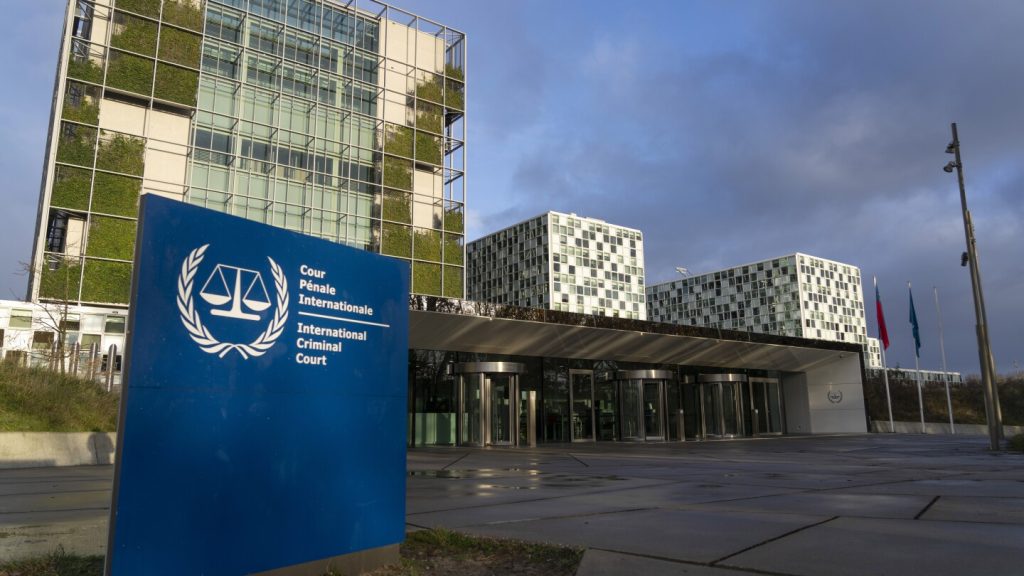Israeli officials are becoming increasingly concerned about potential arrest warrants from the International Criminal Court for the country’s leaders in the context of the Israel-Hamas war. Prime Minister Benjamin Netanyahu has expressed general concerns about possible ICC actions against Israeli troops and officials, while Israel’s foreign ministry is monitoring reports of pending action from the court. The ICC was established in 2002 to prosecute individuals responsible for war crimes, crimes against humanity, genocide, and the crime of aggression, with its jurisdiction relying on member states to arrest suspects.
Netanyahu has stated that Israel will not accept any attempts by the ICC to undermine its inherent right of self-defense. The Israeli Foreign Ministry has informed missions abroad of rumors suggesting that the court may order the arrest of senior Israeli political and military officials, although the source of these rumors was not disclosed. The ICC’s prosecution office declined to provide detailed comments on the situation. The ICC has 124 member states that have signed the Rome Statute, with some countries, including Israel, the United States, Russia, and China, not accepting the court’s jurisdiction over war crimes and other atrocities.
In 2012, Palestinians’ status was elevated by the U.N. General Assembly from a U.N. observer to a non-member observer state, allowing the Palestinian territories to join international organizations such as the ICC. In 2015, the ICC accepted “The State of Palestine” as a member, enabling the court to investigate crimes on Palestinian territory. The ICC’s chief prosecutor announced an investigation into possible crimes in the Palestinian territories in 2021, leading to criticism and accusations of bias from Israel. Current ICC Prosecutor Karim Khan visited Ramallah and Israel, emphasizing the importance of international humanitarian law in the Israel-Hamas conflict and calling for the release of hostages.
The ICC has ongoing investigations in various regions, including 10 in African nations, showing diversity in its focus beyond Africa. The court has issued arrest warrants for high-profile leaders such as Russian President Vladimir Putin and Sudanese leader Omar al-Bashir on charges of war crimes and genocide. Former Libyan leader Moammar Gadhafi was also charged by the ICC before being captured and killed by rebels. The court’s investigations have been criticized in the past for focusing too much on Africa, but it now has cases in Asia, Europe, the Middle East, and Latin America. President Joe Biden lifted sanctions on the ICC prosecutor imposed by the Trump administration in 2020.
The potential for arrest warrants from the ICC for Israeli leaders comes amid ongoing conflicts and tensions in the region. Netanyahu and Israeli officials have expressed concerns about the implications of such actions and have vowed to defend Israel’s right to self-defense against any perceived threats. The ICC’s role as a mechanism for addressing war crimes and atrocities globally has raised questions about the court’s impartiality and effectiveness. As the situation continues to evolve, the international community will be closely watching the developments related to the ICC’s involvement in the Israel-Hamas conflict and its impact on future conflicts and international justice.


